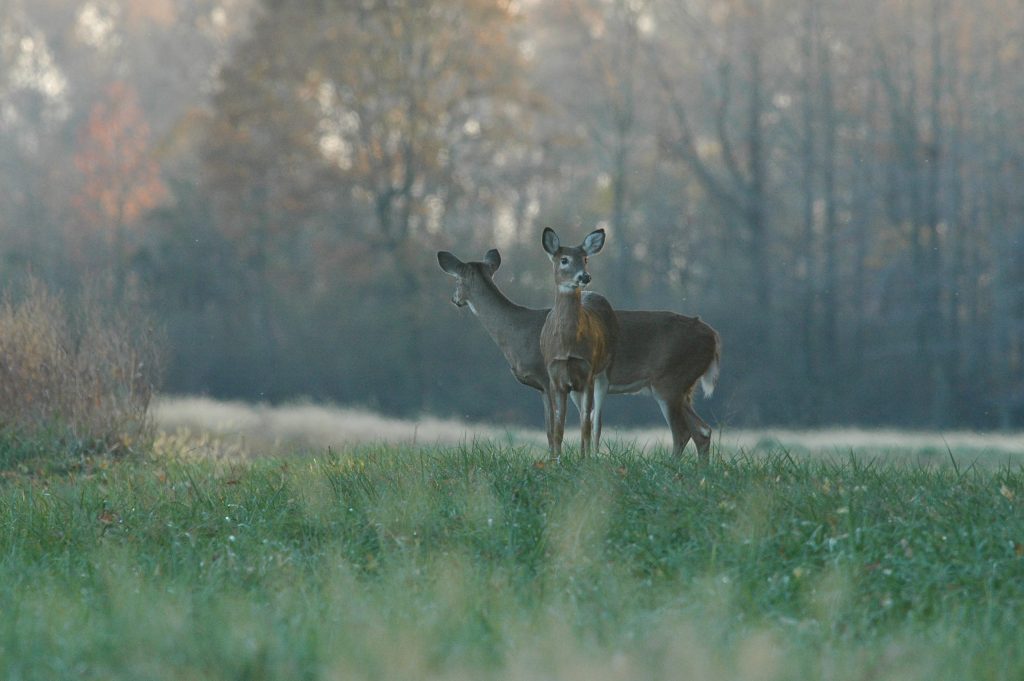Bananarama was lamenting about the hot summer streets and burning pavement back in the 80s (did they know about climate change before the rest of us?). Fast forward to 2016. Yes, ladies, “this heat has got right out of hand.”
Remember our Hot Stuff buck? We wondered if the hot, dry summer of 2016 changed his movements. The short answer is no. Mr. Hot Stuff gave us no indication that he was phased by the temperature or the precipitation this past summer.
What about does? Lactation requires a boat load of water. Was it “too hot to handle”? Did they “get up and go” somewhere else? (Oh, Bananarama, you were ahead of your time.)
Through the magic of GPS points and statistics, we can looked at the variance in home range between 2015 and 2016. The working hypothesis being a hot, dry summer would increase movements of does within their home range to obtain water either through free water (water in liquid form) or through increase vegetation searching (dry conditions lower plant moisture content and also nutrition quality).
So what did the data say? Bananarama might have had a problem “trying to smile” with the “air…so heavy and dry,” but our does certainly didn’t.
There is no indication that they changed their movement patterns or home range at all this summer compared to last. Well, there goes that theory.

An example of one doe’s 2015 and 2016 June/July range
Were we imagining the dry weather? Take a look at the total and average rainfall for State College for June and July.
| 2015 | 2016 | Normal | |
|---|---|---|---|
| June | 6.81 inches | 1.94 inches | 4.09 inches |
| July | 6.08 inches | 2.03 inches | 3.50 inches |
Nope. Not our imagination. But it appears that it takes much more than a month or 2 of below average rainfall to force deer to alter their seasonal patterns. Perhaps we might see changes if we were in extended drought (I’m talking years, not just a below average month).
Take, for example, the California drought. California is currently in its fifth year of severe drought. This has resulted in increased human-wildlife conflicts and vehicle collisions as animals seek food and water to survive. Black bear complaints almost double in one year. Being a bit parched for a couple of months is nothing.
Apparently our cruel summer wasn’t so cruel after all.
Biologist
If you would like to receive email alerts of new blog posts, subscribe here.
And Follow us on Twitter @WTDresearch

